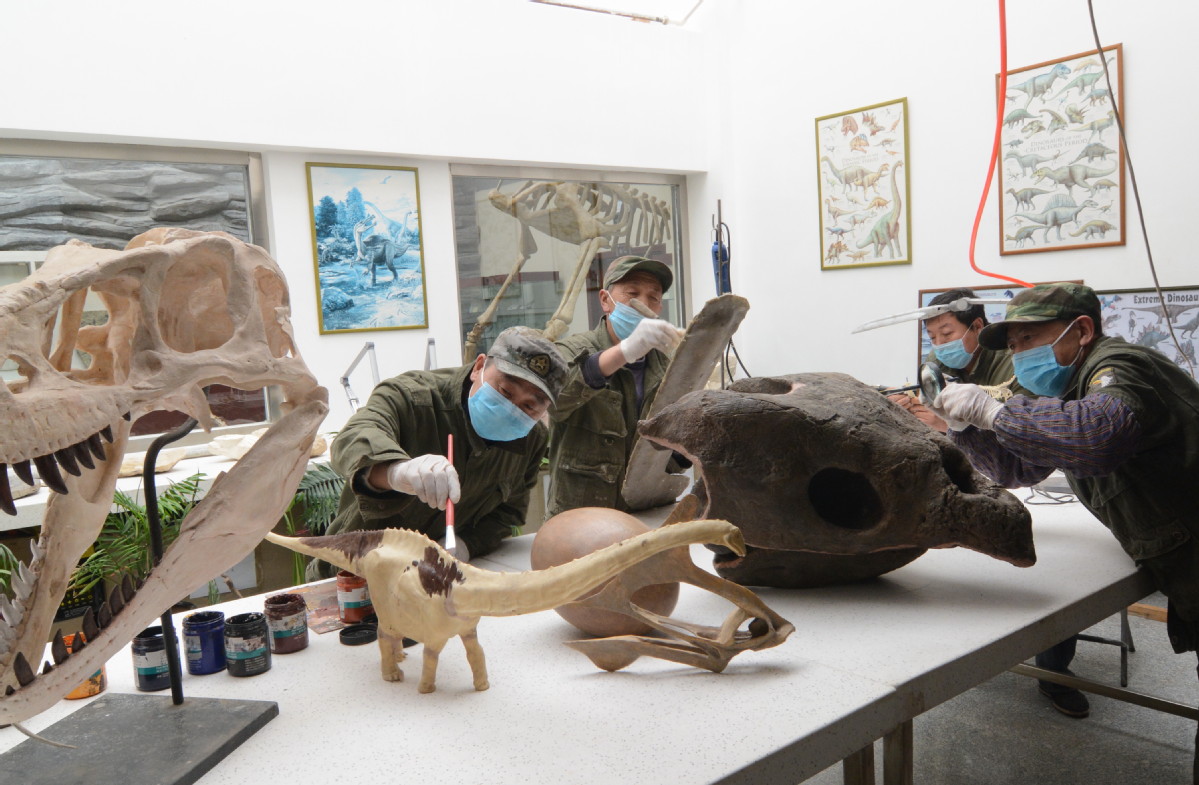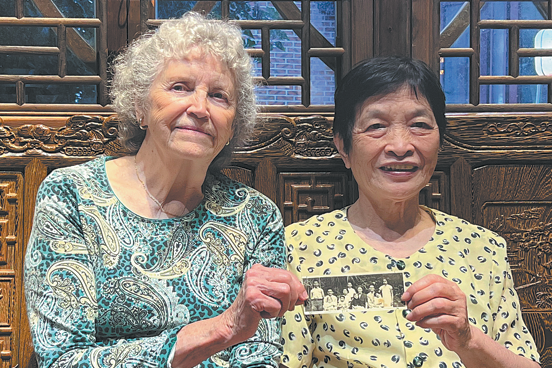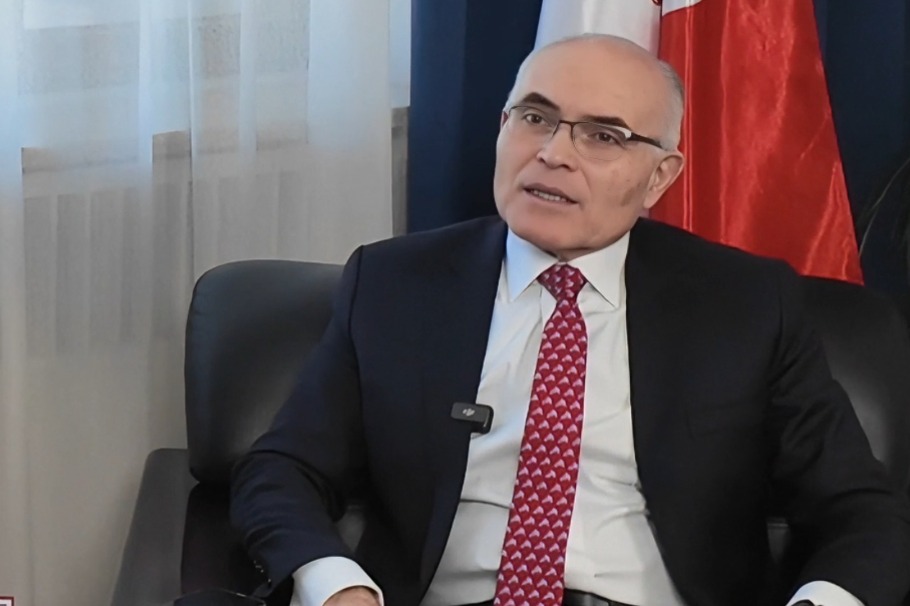Fossils fuel a passion for paleontology


Avid collector says more needs to be done on education and marketing
On the rocky hillsides of Beijing's Mentougou district it is common to see parents and their children with hammers in their hands fossicking for fossils 300 million years old.
The fossils found in the mountainous area near Huiyu village are mostly fragments of branches, leaves and plant stems formed in the Carboniferous Permian period, which spanned 60 million years and was characterized by an increase in the diversity of plant and animal life.
The area not only attracts teenagers who want to know more about paleontology, but also fossil hunters who want to gather them to sell or add to their collection.
Wang Kuan, 32, used to be one of those hunters. Now he owns a store that imports fossils from across the world. His customers include parents who buy the fossils for their children.
If Wang finds precious specimens, he gives them to public institutions. In 2018, he donated a new fish fossil, which was later named after him, to the Institute of Vertebrate Paleontology and Paleoanthropology in Beijing.
Wang believes that paleontology should be more popular, pointing out that his fossil store is the only one in Beijing.
"Usually, research institutes and museums collect specimens of paleontological fossils from the public every year, mainly from fossil hunters. However, China has plenty of fossils to be discovered, but limited human resources in this industry," he said.
























